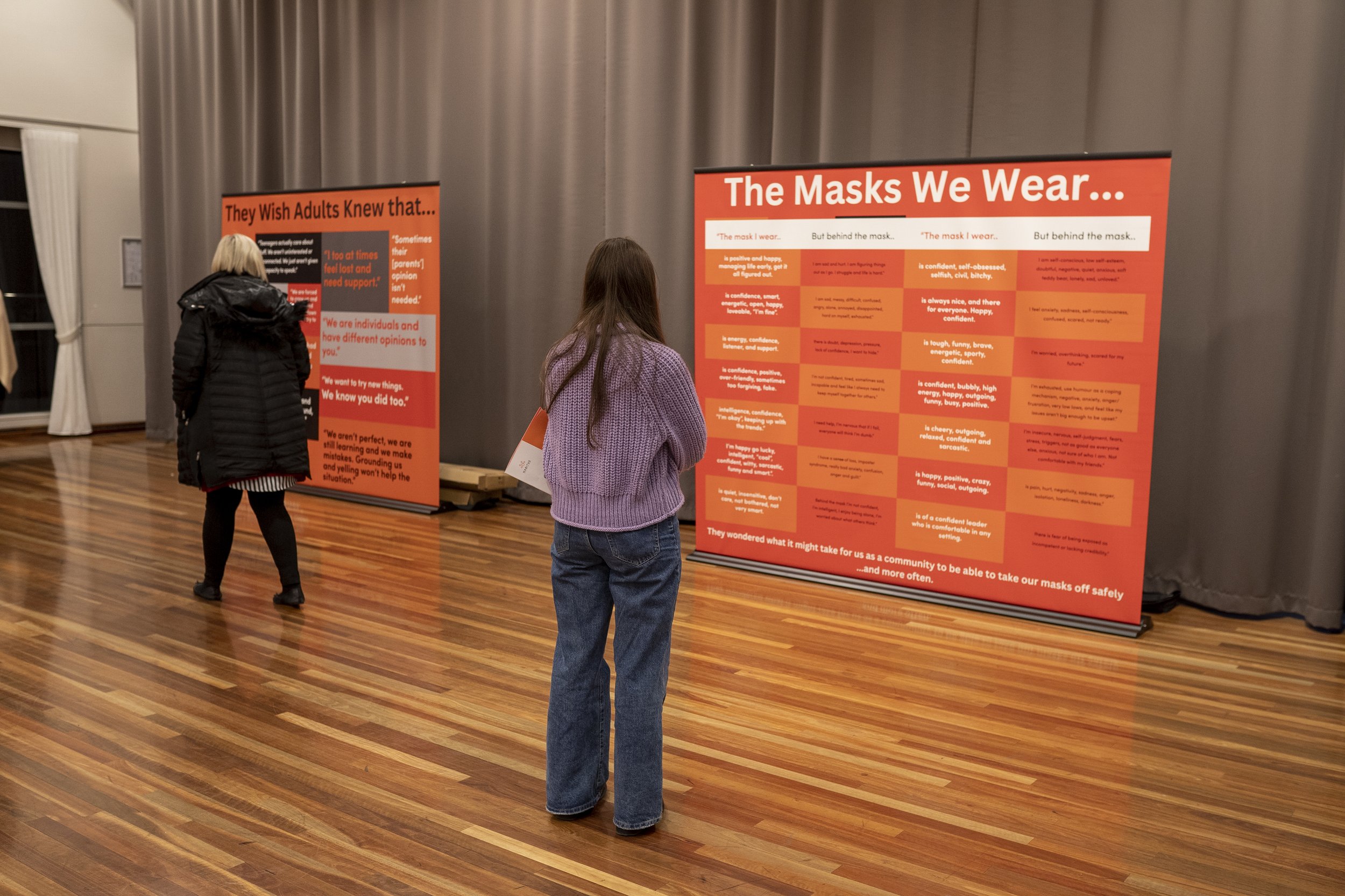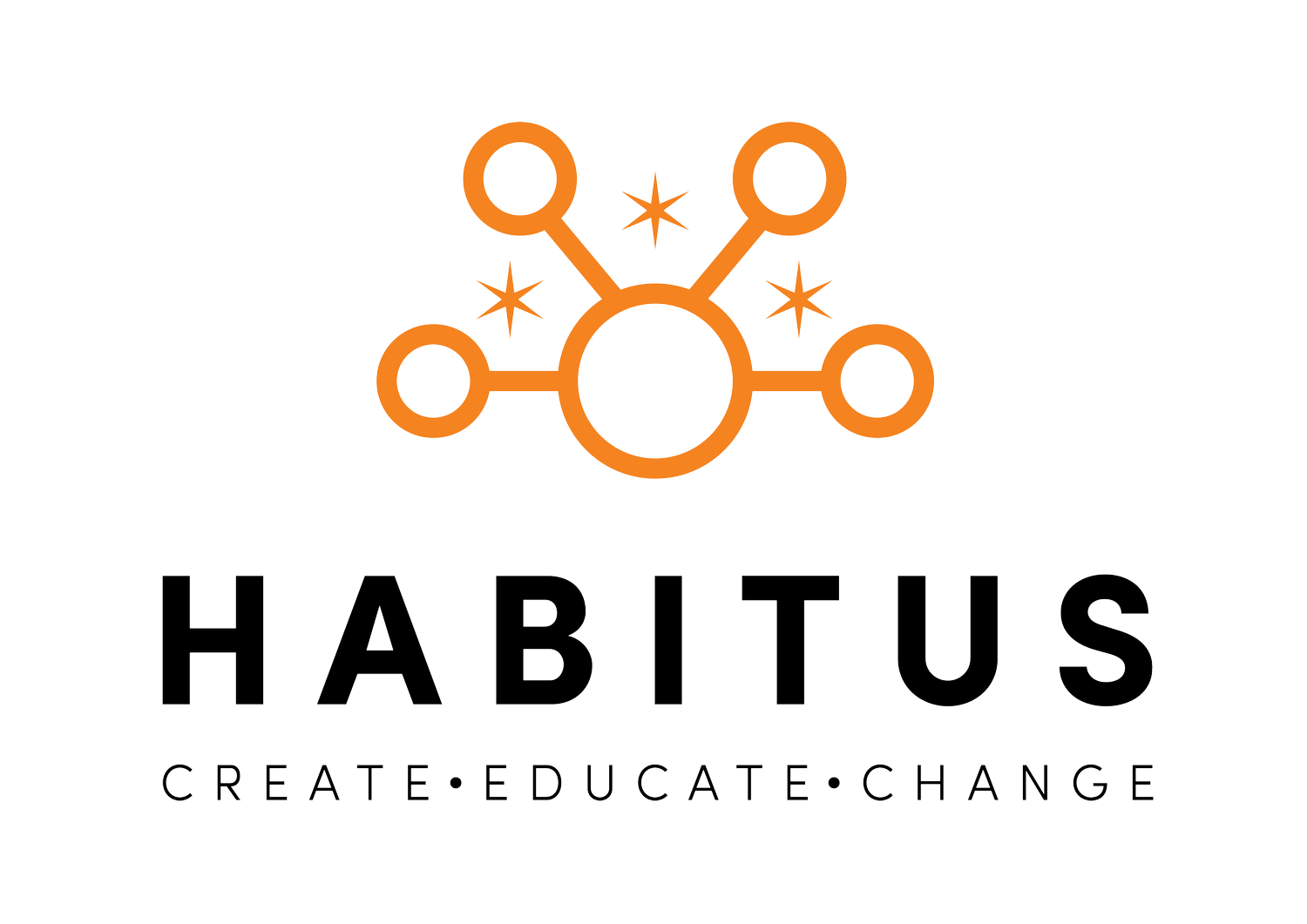
Lifehacks
In 2021, we were approached by a number of young people in Kiama, who wanted to do something about the increase of youth suicides in the area.
THEY FELT THEY WERE JUST NOT BEING LISTENED TO!
We ran a program to help them make sense of what was happening, and to understand what they were feeling.
This Whitepaper offers an insight into the lived experiences of those young people.
We used their words and their insights to help you understand their lives.
“As a community, we are all responsible and we can all do something to change the culture.”
The last few years have been really hard for the young people in Kiama. And the biggest thing missing in the conversation was their voices.
So we wanted to understand their needs in a way that focus groups, surveys and other rigid methods cannot.
We captured this information as sticky notes, personal reflections, group debriefs, visual storyboards and reflections from staff.
Young people collected the data, entered it into a database, analysed, synthesised, and presented the data for this whitepaper.
Here’s what they had to say…
Young people value their relationships with adults, but need us to trust them.
Young people are struggling and want adults to try to see things from their perspective.
Young people know what they want for their immediate future, but feel that it isn’t enough to satisfy the desires or aspirations of their parents.
Young people know what support is available and how to maintain good mental health, but they crave more connection.
“Stuffing up is not the worst thing that can happen to us. Giving up is!”
But don’t take our word for it…let the young people tell you all about it for themselves
Watch this video that was made by young people:
One of the most important things about the project is that young people felt like they could tell their story and share their experiences on their own terms, like this beautiful short film called “Meet me at the Intersection”.
We had the very special honour of presenting the Lifehacks Whitepaper to the community and it was such an incredibly uplifting experience.
It was an opportunity for young people to share their stories and their voices and it really reinforced the benefit of genuinely asking the people with lived experience before trying to create community interventions.














































The Lifehacks Program
As a social enterprise, Habitus exists to make the world a better place, and families and communities are at the heart of that. We leverage the profits made from corporate clients and private schools to help us deliver our cutting edge, research inspired, socially inclusive offerings to public schools and marginalised communities in need.
Our flagship offering to the community is our Lifehacks program. The Life-Hacks Program is designed to be a catalyst for change, giving young people an opportunity to connect with their peers and develop some life skills to deal with the physical, emotional, social and psychological changes happening in their lives.
The program helps participants increase confidence, self-esteem and motivation. They develop self-awareness, emotional intelligence and stronger relationships. They build resilience, mental health literacy and meaningful peer support networks as they create a concrete vision for the future and set up their own plan for achieving it!
The program is mapped to the Department of Education’s Life Ready Program and the project in Kiama was funded by the Youth Opportunities Grant from the Department of Communities and Justice, with additional support from:
The Kiama Lions Club, The Kiama Leagues Club, and Makuta Youth
This program was delivered by Habitus, in partnership with Sonder Youth and Talk2MeBro
Backed by research and making a real difference!
One really cool part of this project is that we used a new method of gathering data that we call “Citizen Ethnography”. It is all about centring people’s experiences and not only listening to what they have to tell us, but empowering them to tell their stories for themselves so that we can co-design more collaborative and inclusive programs for change.
If you want to get under the bonnet of how this type of work can make a real difference to communities and organisations, check out the video we presented at the EPIC conference, and have a read of the paper we wrote.









